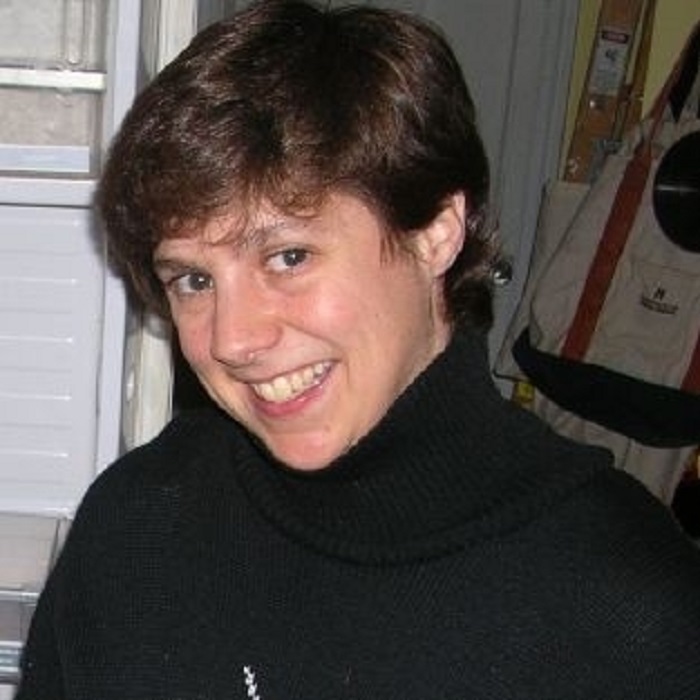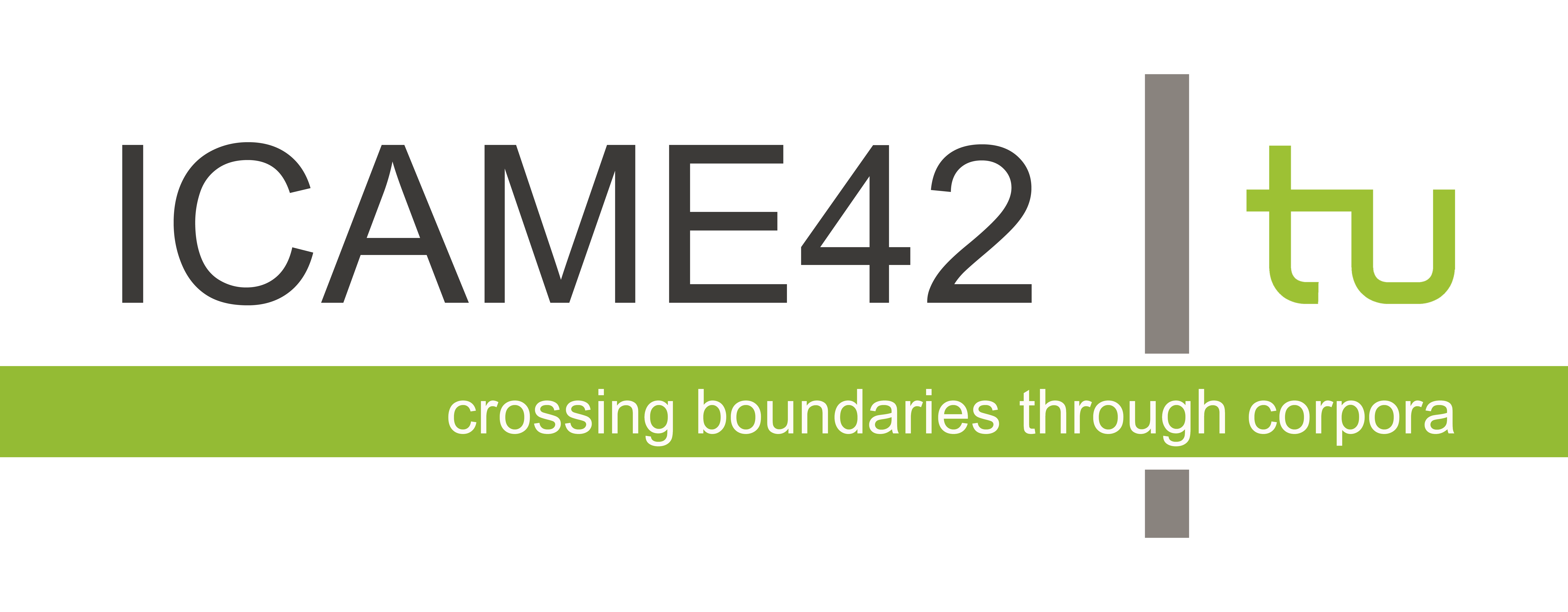
August 18-21, 2021 | TU Dortmund University
Plenary Speaker
Benedikt Szmrecsanyi is associate professor of linguistics at KU Leuven. He studied English philology, political science, and economics at the University of Freiburg (Germany) and at Georgetown University (Washington D.C.). He holds MA (2002), PhD (2005), and Habilitation (2011) degrees from the University of Freiburg. Prior to coming to Leuven, he was a tenured Lecturer in English Linguistics at the University of Manchester (UK). Recent books include Grammatical Variation in British English Dialects (2013, CUP), and Aggregating Dialectology, Typology, and Register Analysis (2014, edited with Bernhard Wälchli, de Gruyter). He has some 30 papers in international, peer-reviewed journals, including e.g. in Language, Language Variation and Change, the Journal of Linguistic Geography, the International Journal of Corpus Linguistics, and English World-Wide. He is an associate editor of the journal Cognitive Linguistics, and among other things currently directs a Research Foundation Flanders-funded project on the register-specificity of probabilistic grammatical knowledge.
Abstract plenary talk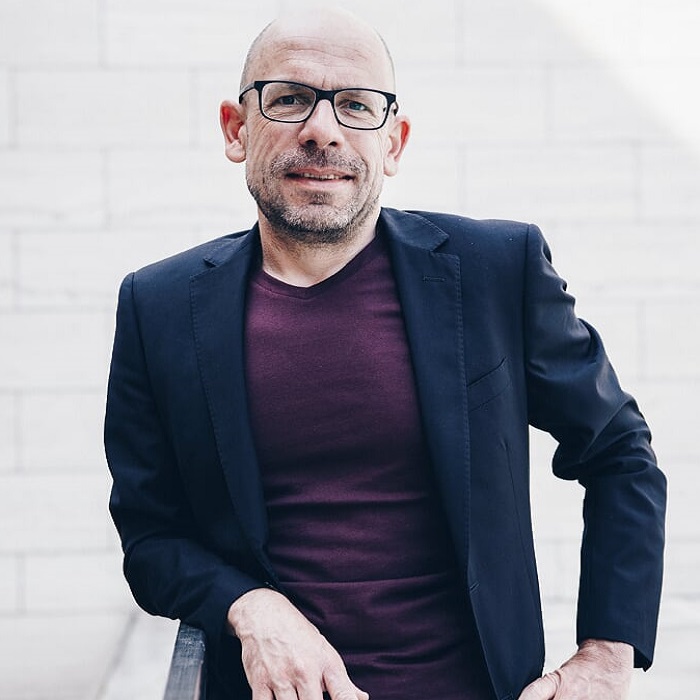
Plenary speaker
Cristina Suárez-Gómez is a Senior Lecturer of English Linguistics at the University of the Balearic Islands (UIB). She holds a European PhD in English from the University of Santiago de Compostela (2004) and since 2010 she has been part of the research group ViEW (Variation in English Worldwide), funded by the Spanish Ministry of Economy and Competitiveness (FFI2011-26693-C02-02, FFI2014-53930-P and FFI2017-82162-P). Together with Elena Seoane (University of Vigo) and Lucía Loureiro-Porto (UIB), she is in charge of the compilation of the Gibraltar component of the International Corpus of English. Her main research focus is on qualitative and quantitative approaches to language variation and change. She has published extensively on English historical syntax and sociolinguistics, dialectal variation in English from both synchronic and diachronic perspectives, and morphosyntactic variation in World Englishes, with a special interest in relativization strategies and the expression of perfect meaning. She has also edited a number of collective volumes and special issues on World Englishes. Her main publications can be seen at her website.
Abstract plenary talk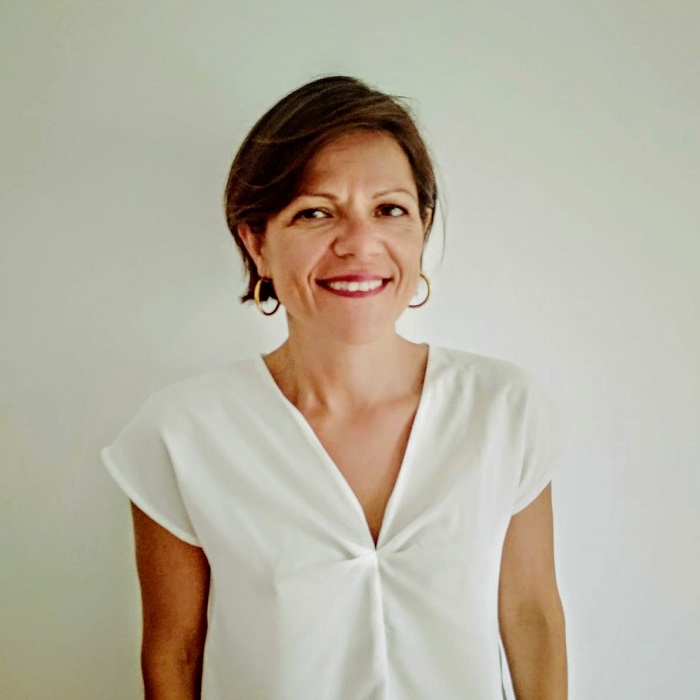
Plenary Speaker
Martin Schweinberger is a language data scientist working as a postdoctoral Research Fellow in Language Technologies at the University of Queensland, Australia. After obtaining his PhD in English linguistics from Universität Hamburg, Martin continued working in English linguistics at several German universities and became an affiliate member of the Language Technology Group of Universität Hamburg. Martin has specialised in computational approaches to analysing language data with a focus on corpus linguistics and quantitative analyses. His research interests lie in language variation and change, language use and acquisition, Digital Humanities and replicable research practices. In his current role, Martin is the principal investigator and team leader of the Language Technology and Data Analysis Laboratory (LADAL) at the University of Queensland and he is currently serving as state chair of The Australian Computational and Linguistics Olympiad (OzCLO).
Abstract plenary talk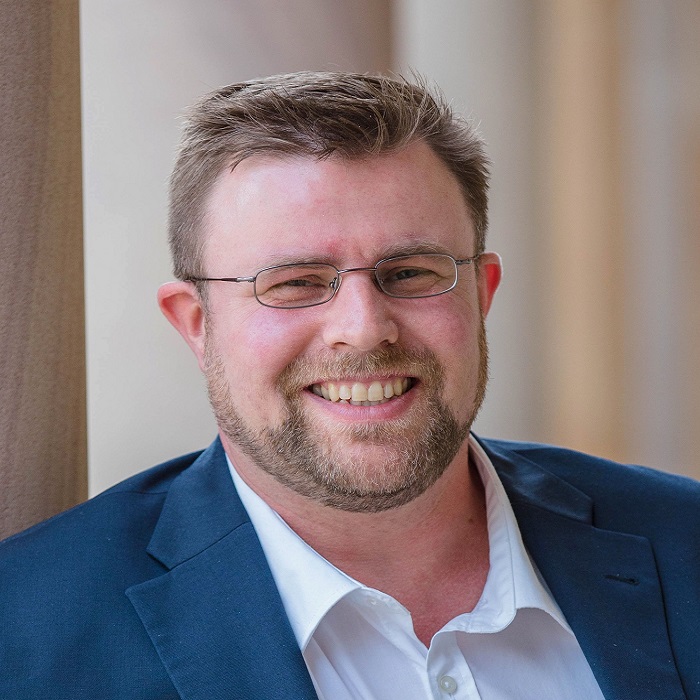
Plenary speaker
Naomi Nagy is a Professor of Linguistics at the University of Toronto. She received her Ph.D. in Linguistics at the University of Pennsylvania in 1996, writing a dissertation about language contact and its effects on Faetar, an endangered Francoprovençal dialect spoken in a village in southern Italy, supervised by Gillian Sankoff. Her primary research project now analyzes variation and change in heritage languages spoken in Toronto (see here), including comparison to homeland varieties, examination of the effects of ethnic orientation, and pedagogical components to train researchers to conduct variationist analyses of less-codified varieties. The corpus contains spontaneous and semi-spontaneous speech in these heritage varieties: Cantonese, Faetar, Hungarian, Italian, Korean, Polish, Portuguese, Russian, Tagalog and Ukrainian. She continues to support revitalization of Faetar. She has published recently in Heritage Language Journal, International Journal of the Sociology of Language, Journal of Sociolinguistics, Language and Communication, Language Documentation and Conservation, Language Variation and Change, Lingua, and Linguistic Vanguard. More about her projects and a full list of publications and upcoming presentations is found here.
Abstract plenary talk